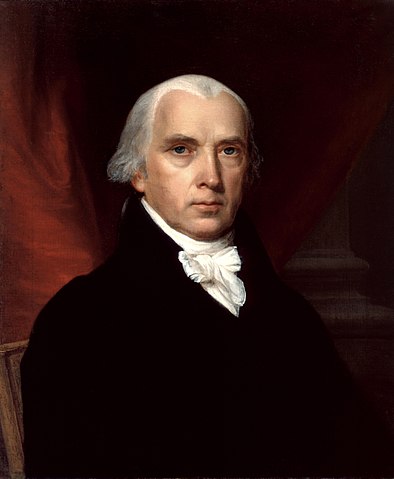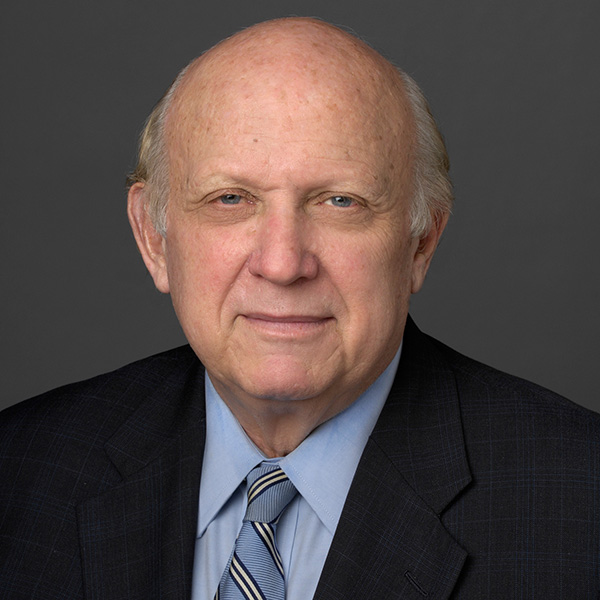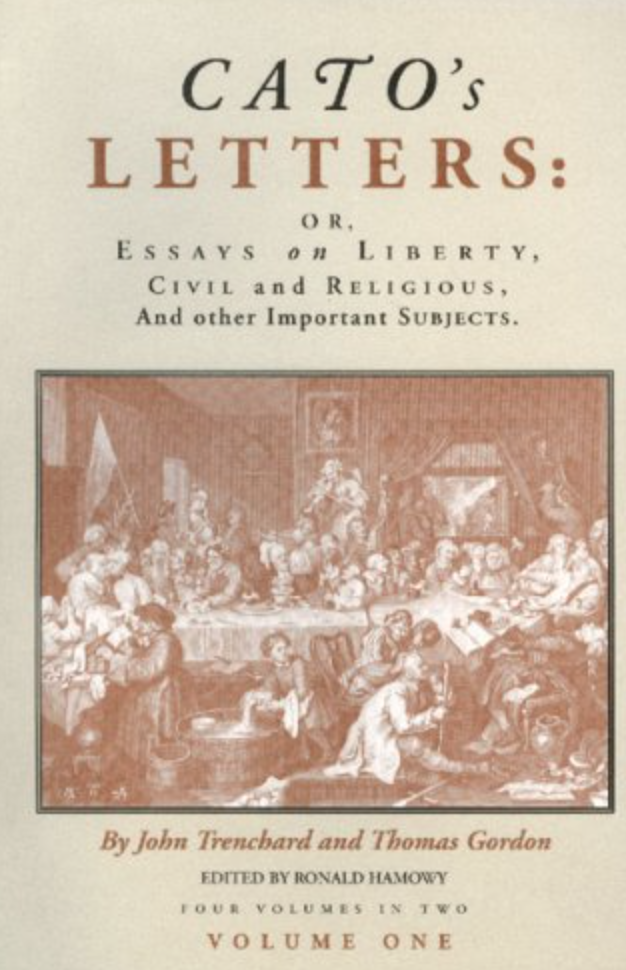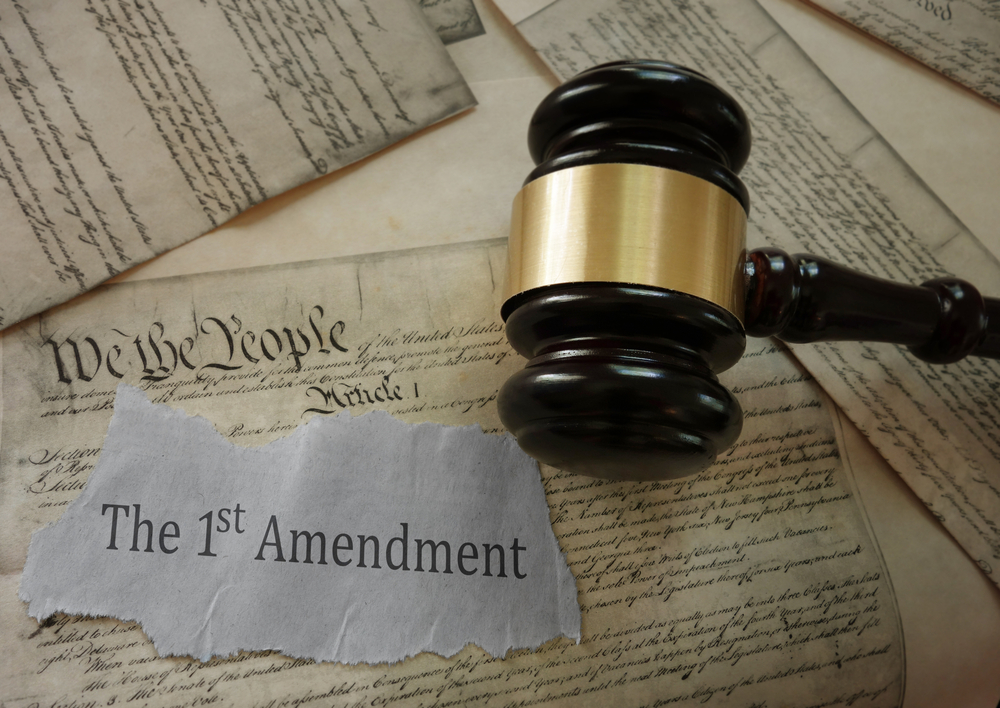Mapping First Amendment Conflicts
The endless challenges to freedom of expression raise vital questions of constitutional law and the place of free speech in a democratic society. Click on the map icons to get brief descriptions of controversies large and small (from 2018 to the present), as well as links to more information.
Today, most political and social discussion occurs in the digital sphere, often on peoples' social media platforms. Seeing this, some public officials have opened Facebook and Twitter accounts to share important updates and engage with their constituents. But what happens when the official wants to remove a user who is posting critical feedback? This teacher guide uses the Knight First Amendment Institute v. Trump to show how First Amendment principles like public forum and viewpoint discrimination apply online.
Teacher Guide: Why is James Madison’s Defense of Freedom of the Press Critical Today?
Public officials of all political stripes throughout American history have accused the press of false or biased reporting. President Donald Trump, for one, has accused some news organizations of publishing "fake news" about his administration. This is an opportune time for educators to reach back to James Madison for what may be the most powerful defense of freedom of the press written by any American.
Ninth Circuit Upholds Dismissal of Stormy Daniels Defamation Claim Against Trump
Though Daniels claimed that Trump’s use of the term “con job” implied that she had committed criminal fraud, the appeals court reasoned that this was only one of a number of possible ways to read the President's tweet. Ultimately, the appeals court ruled the tweet an opinion and, thus, not actionable.
Authors Share Excerpts on Free Speech: Amy Werbel and Lust on Trial
In Lust on Trial, [Amy] Werbel presents a colorful journey through Comstock’s career that doubles as a new history of post–Civil War America’s risqué visual and sexual culture. Born into a puritanical New England community, Anthony Comstock moved to New York in 1868 armed with his Christian faith and a burning desire to rid the city of vice.
Authors Share Excerpts on Free Speech: Floyd Abrams and The Soul of the First Amendment
The Soul of the First Amendment "addresses legal issues from the adoption of the Bill of Rights through recent cases such as Citizens United" and "examines the repeated conflicts between claims of free speech and those of national security occasioned by the publication of classified material such as was contained in the Pentagon Papers and was made public by WikiLeaks and Edward Snowden" - Yale University Press..
Written by two British journalists in the 19th century, Cato's Letters advocated for greater individual liberty and criticized tyrannical systems of government. Cato’s Letters were reprinted widely in the American press to oppose many British measures that the colonists felt violated their rights.
The End of Seditious Libel, 1964
Even after the First Amendment was ratified, the U.S. government found ways to punish dissenters who critcized the government and public officials. Eventually, the U.S. Supreme Court ruled that seditious libel, or the crime for criticizing government, was incompatible with the First Amendment.






